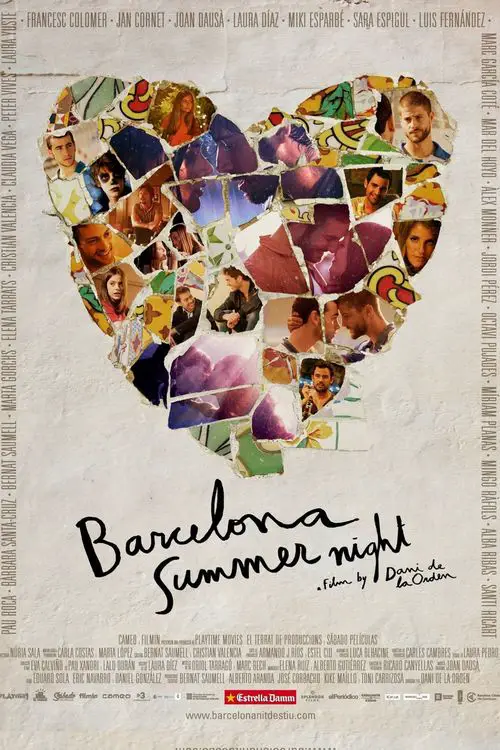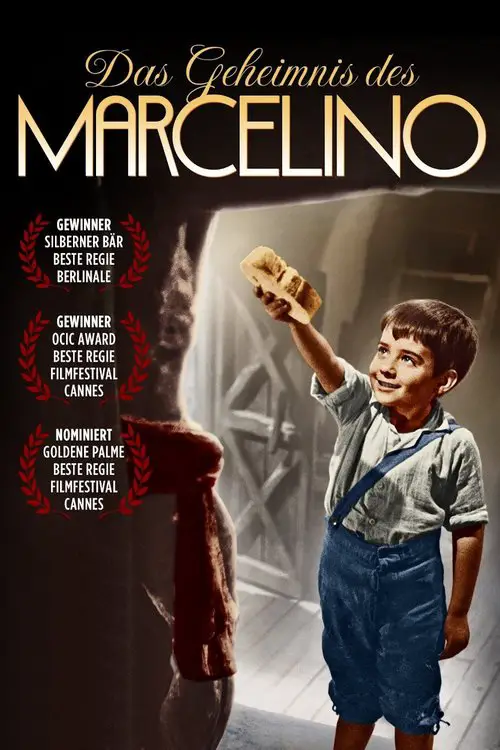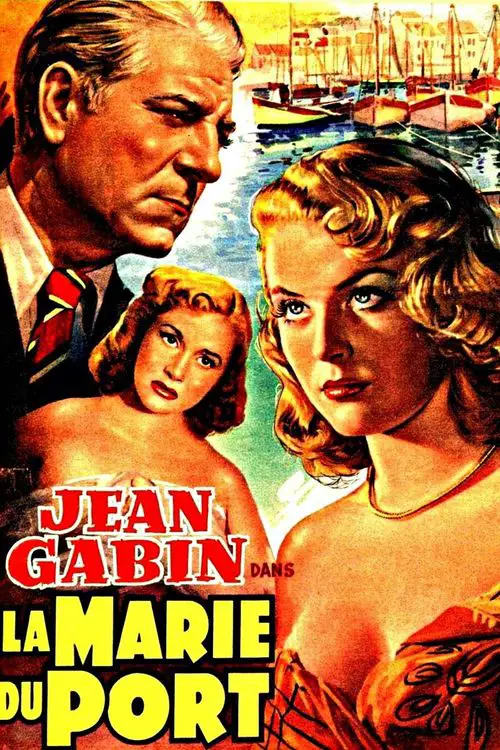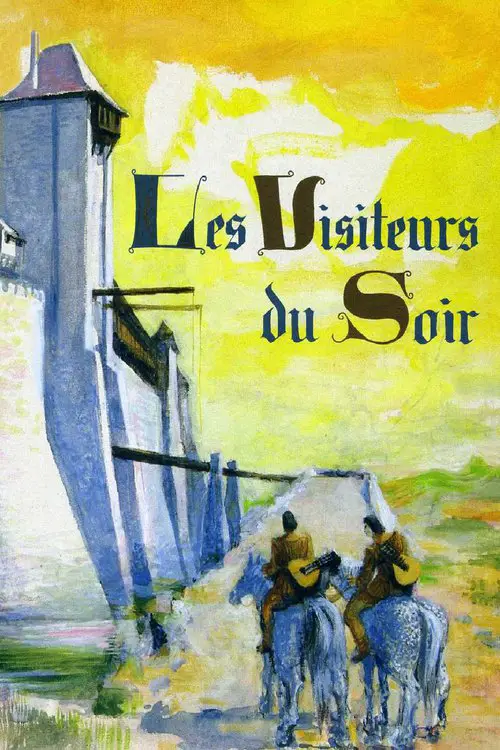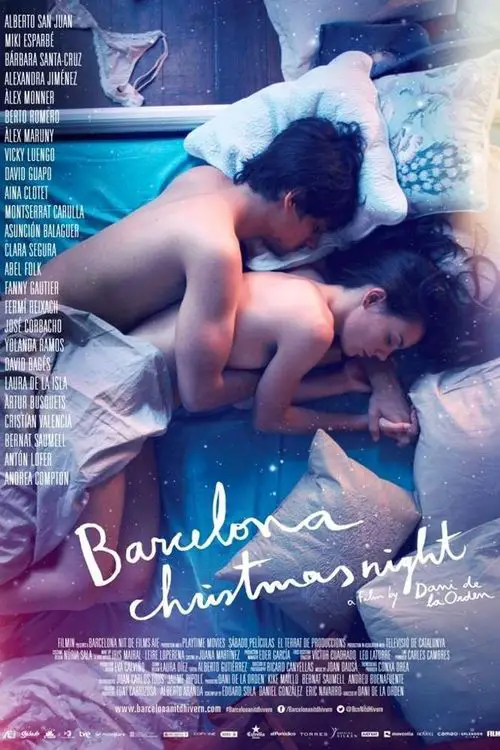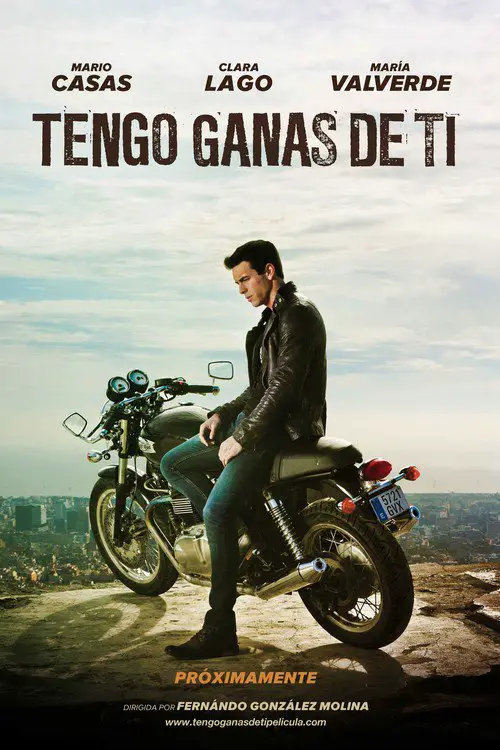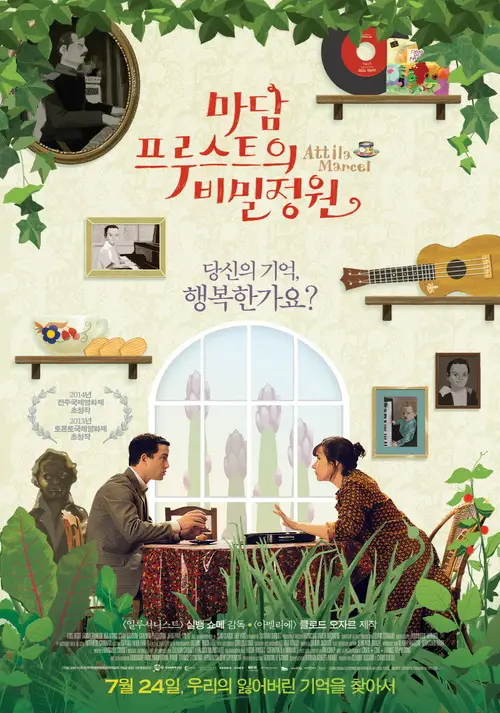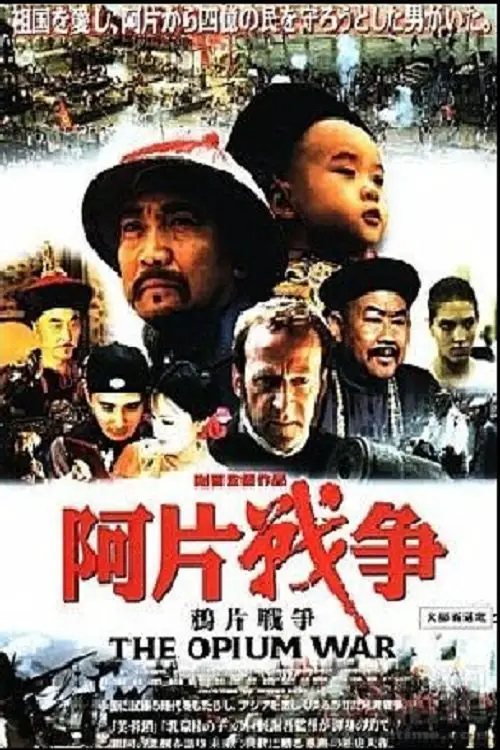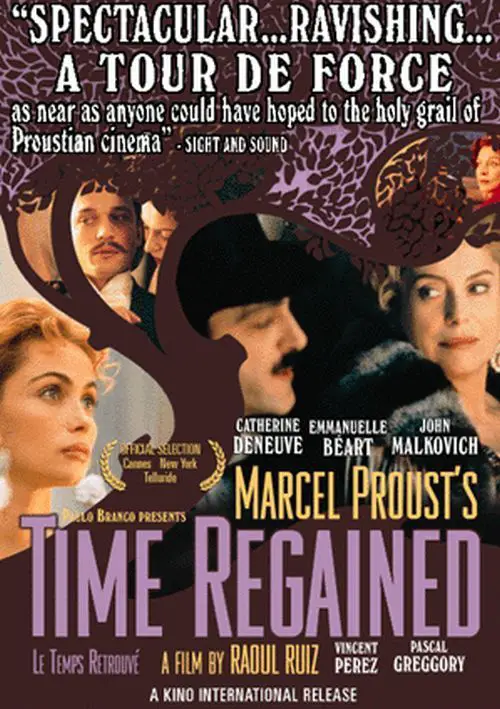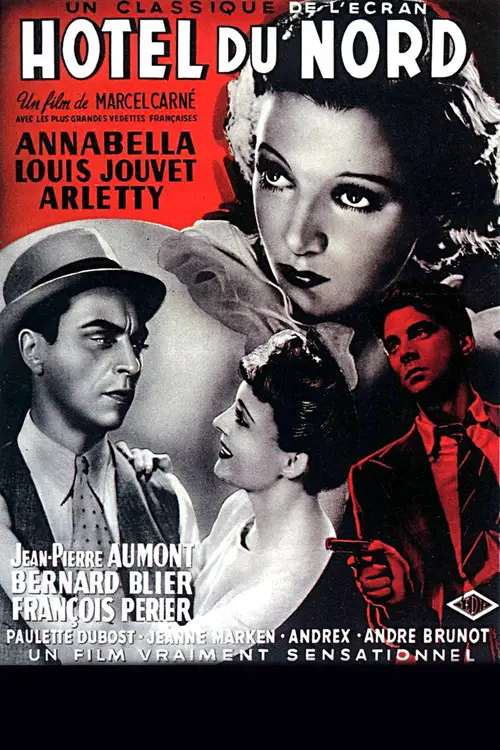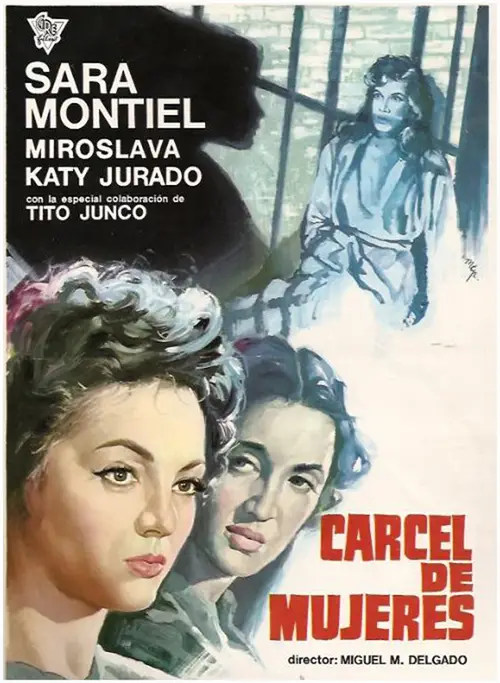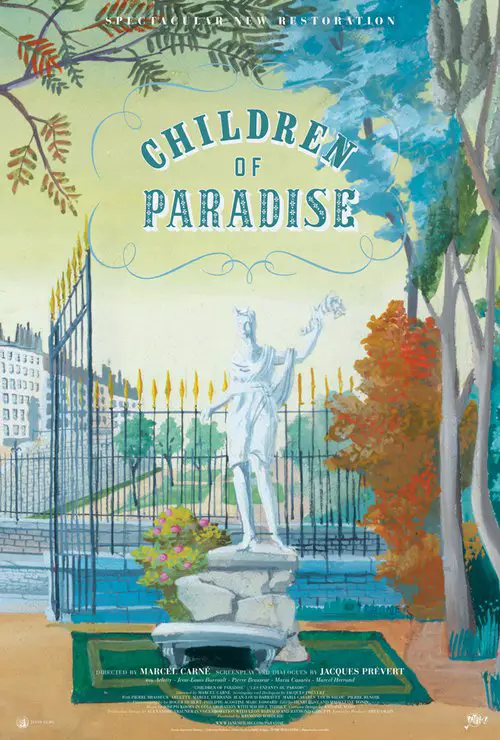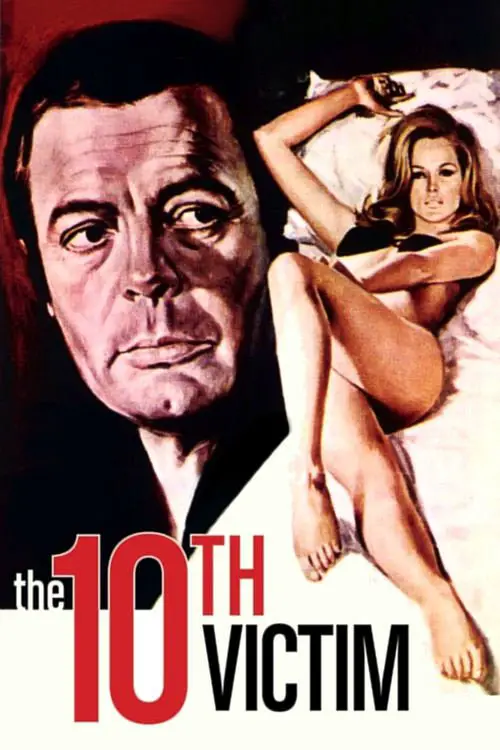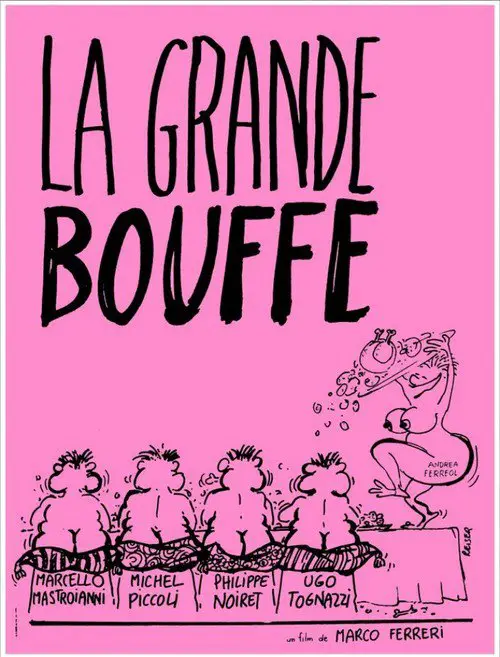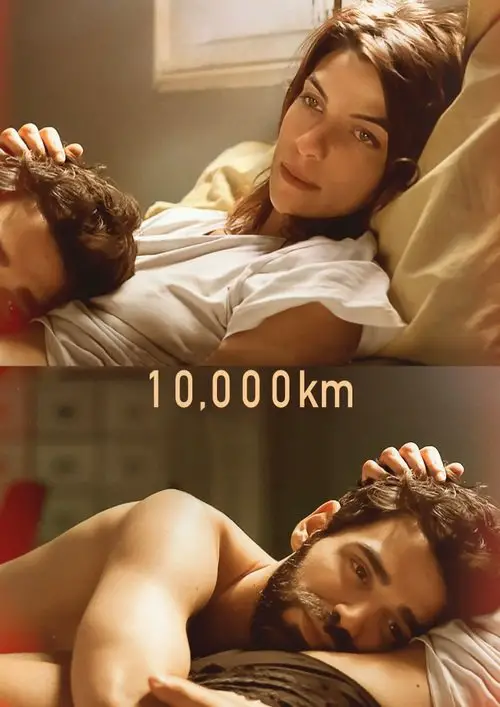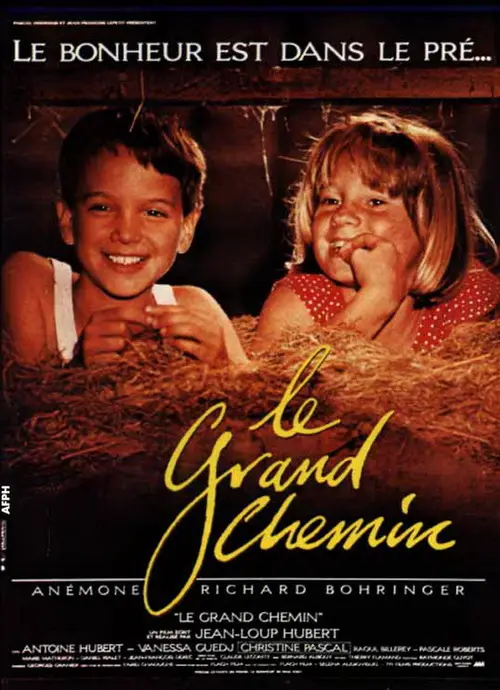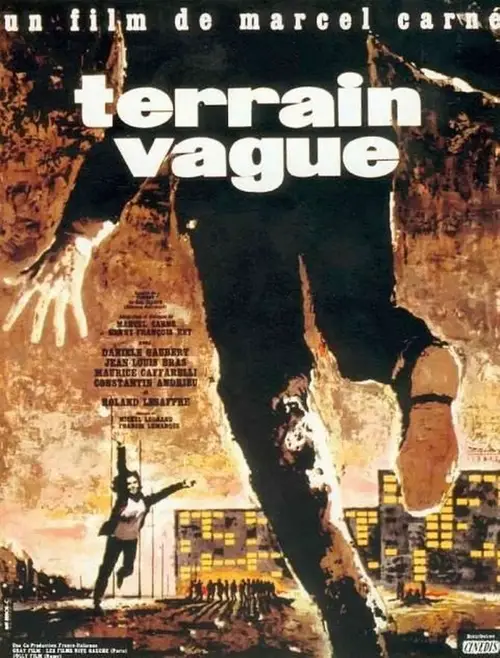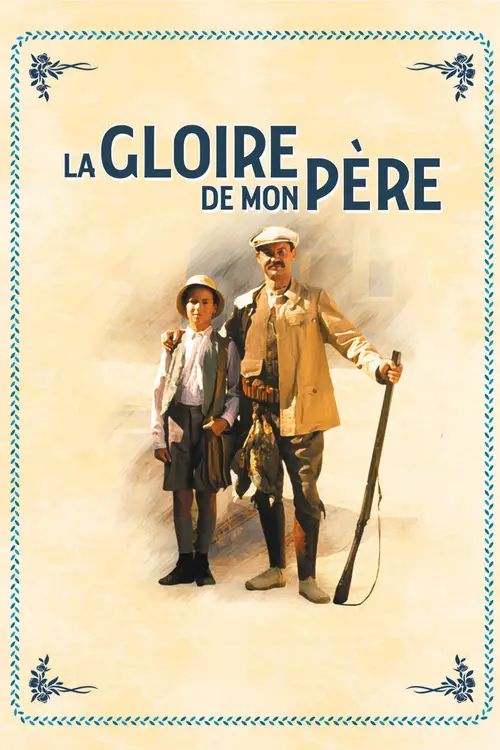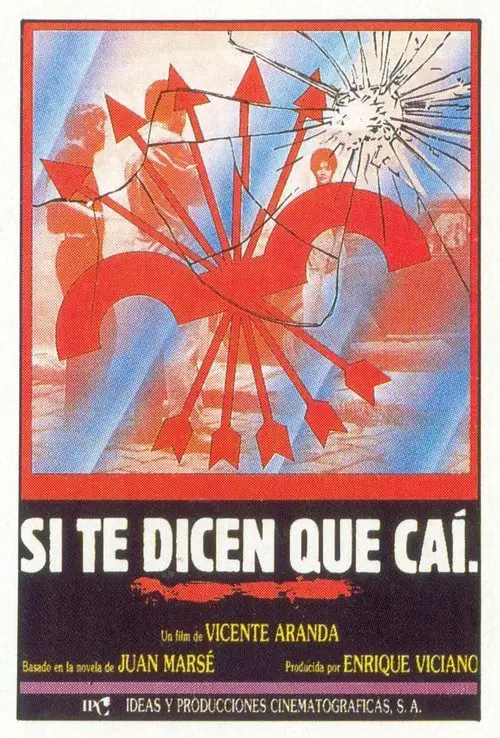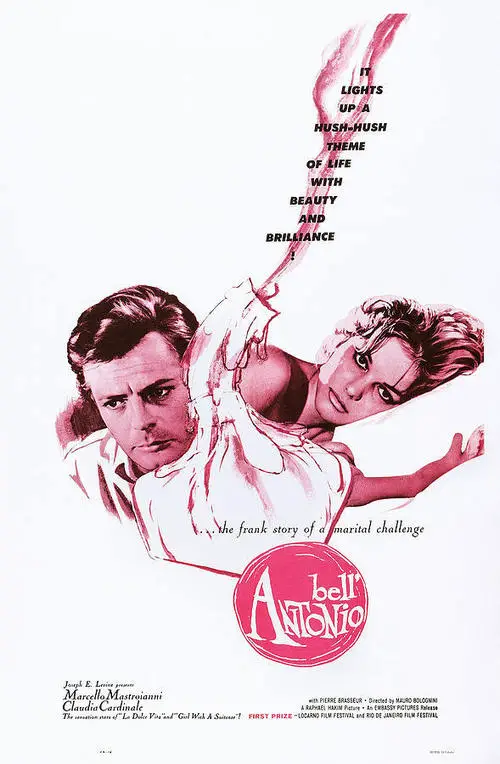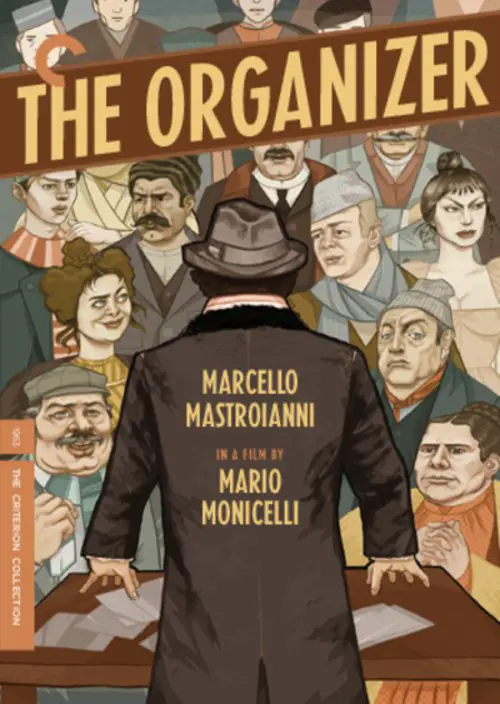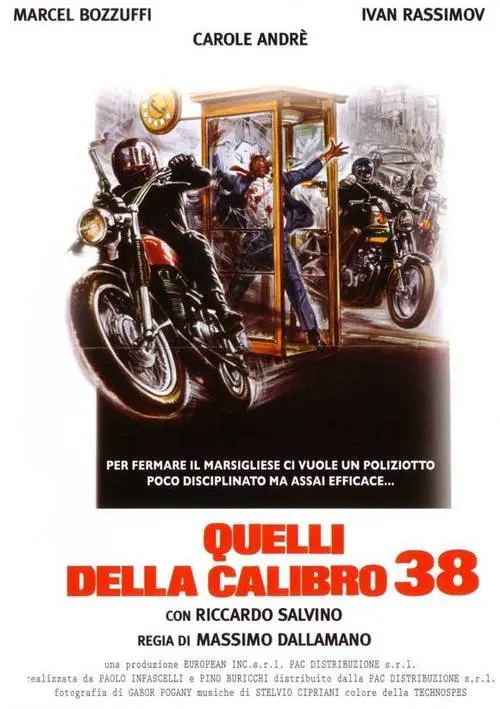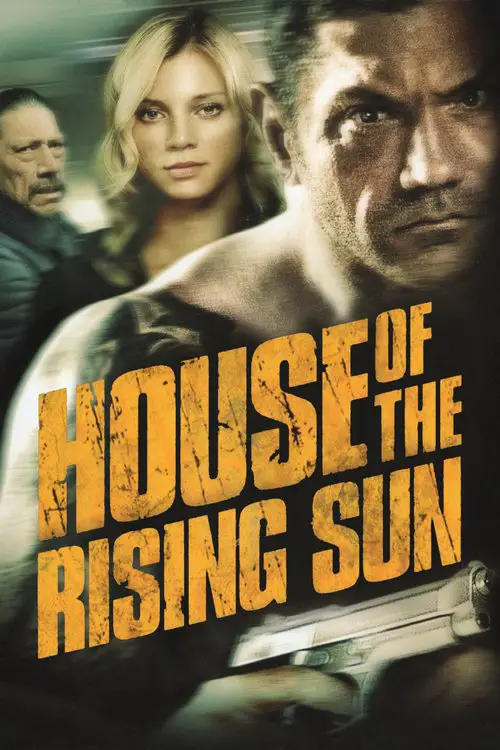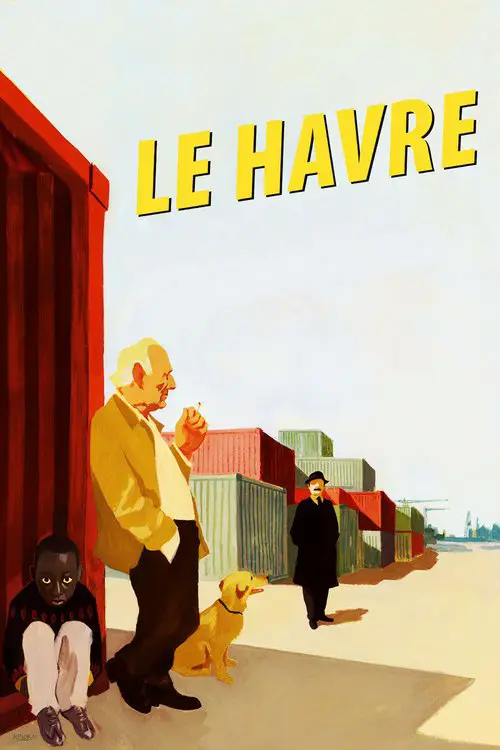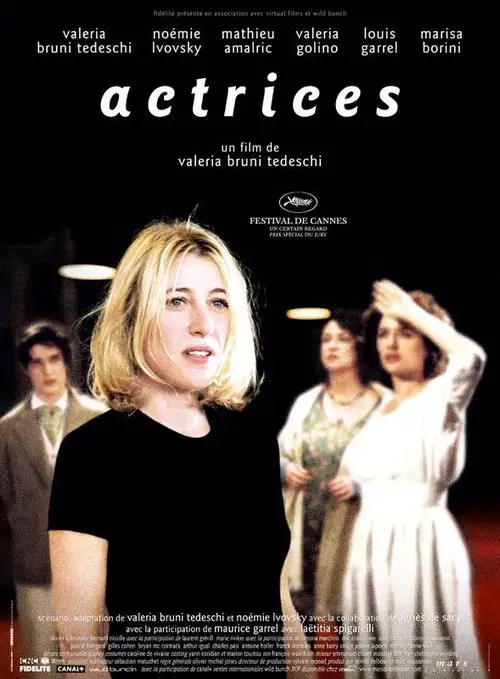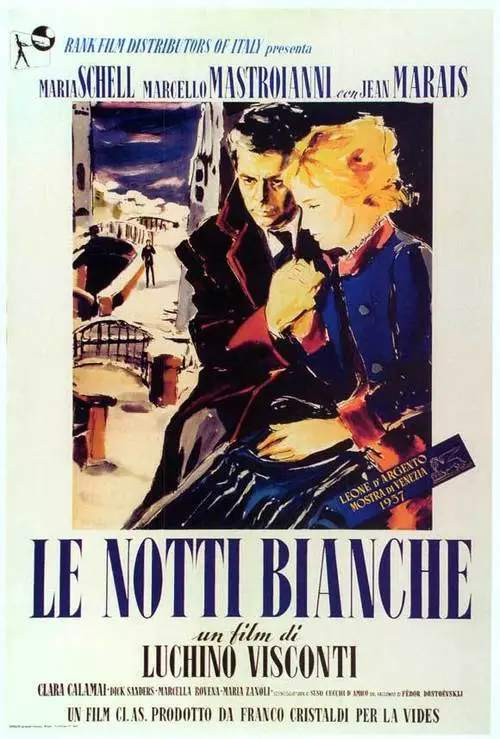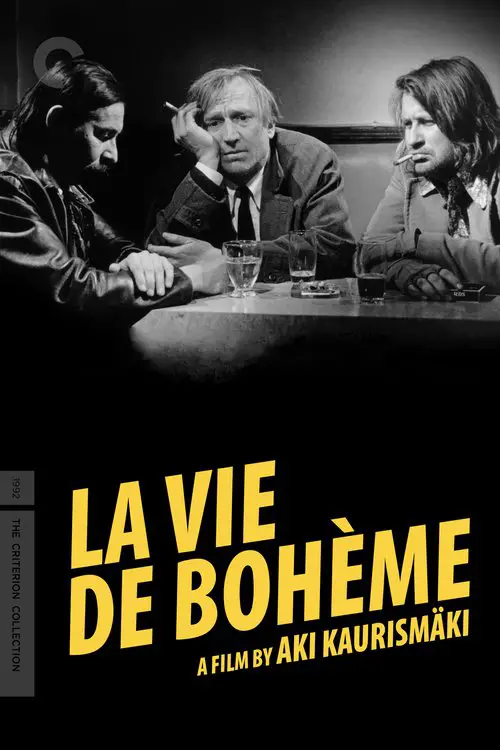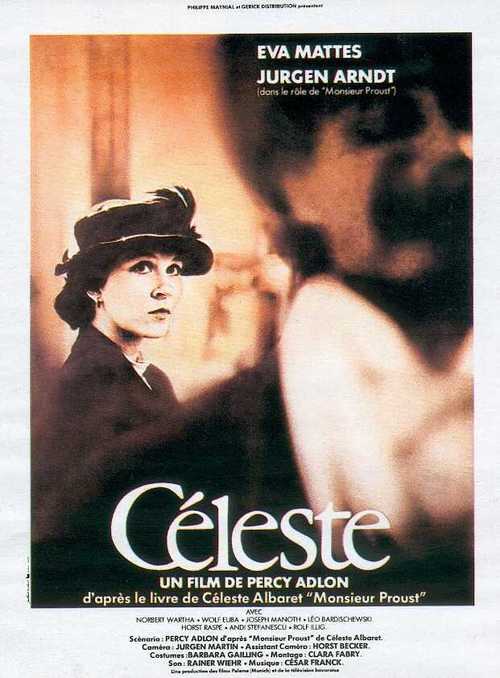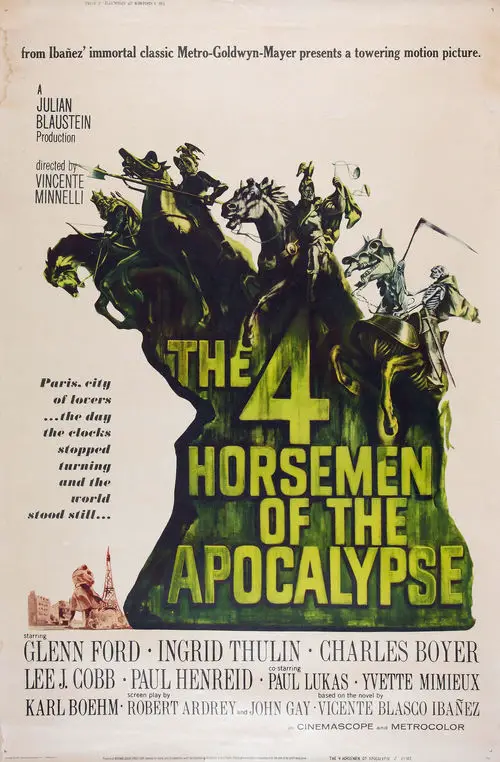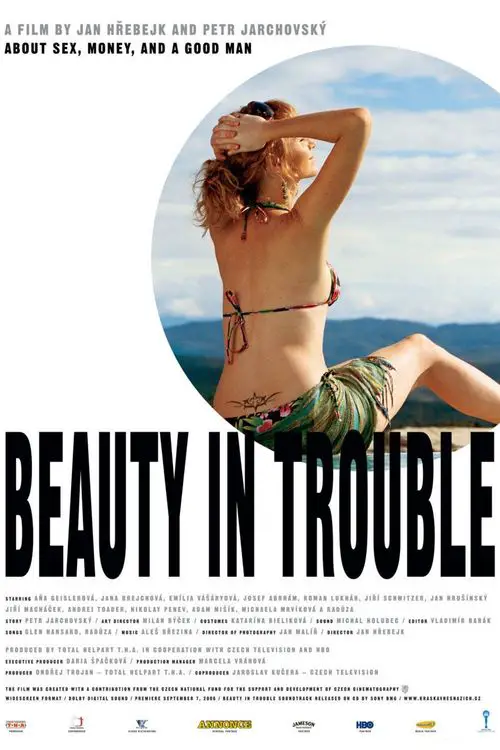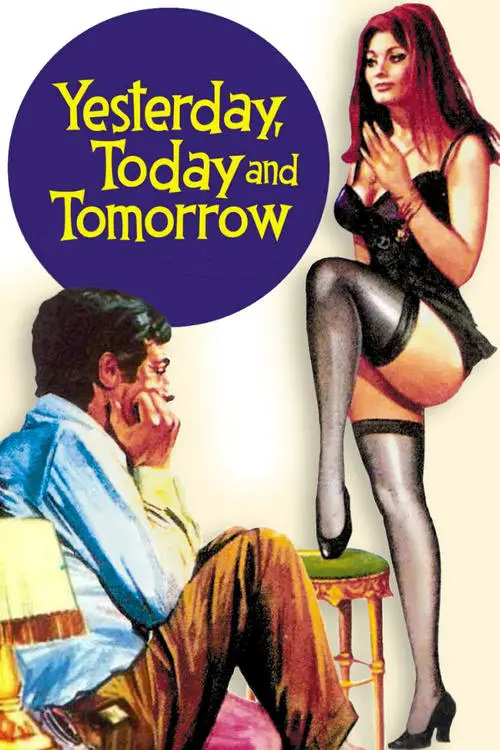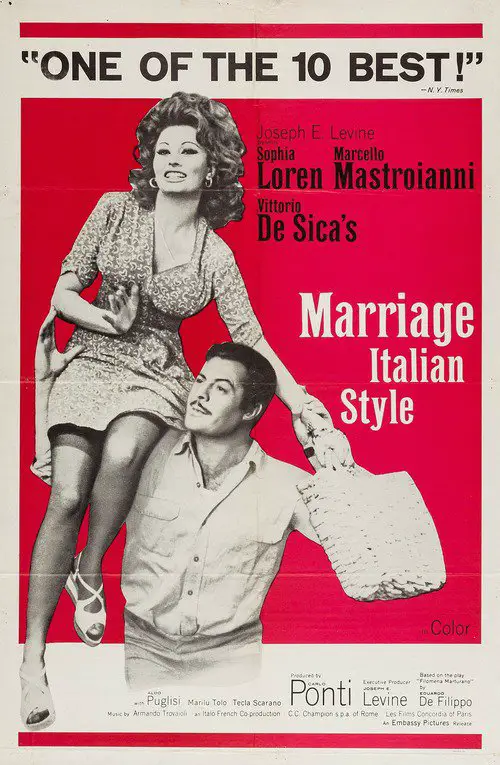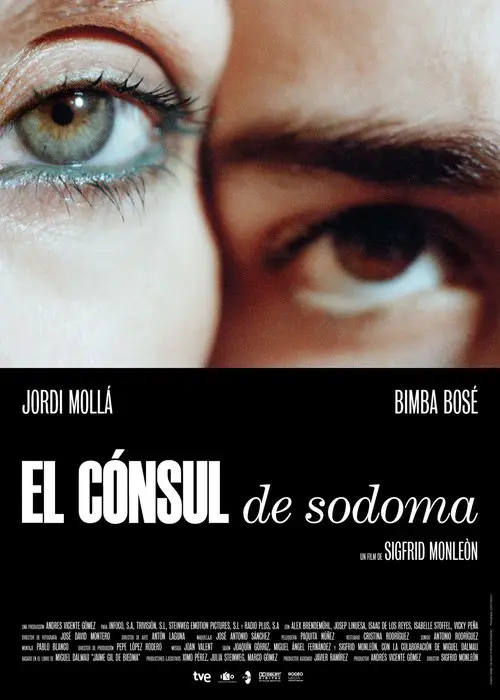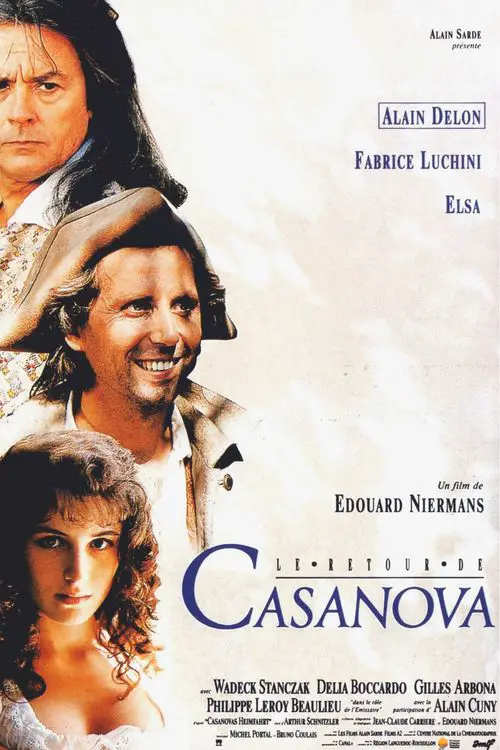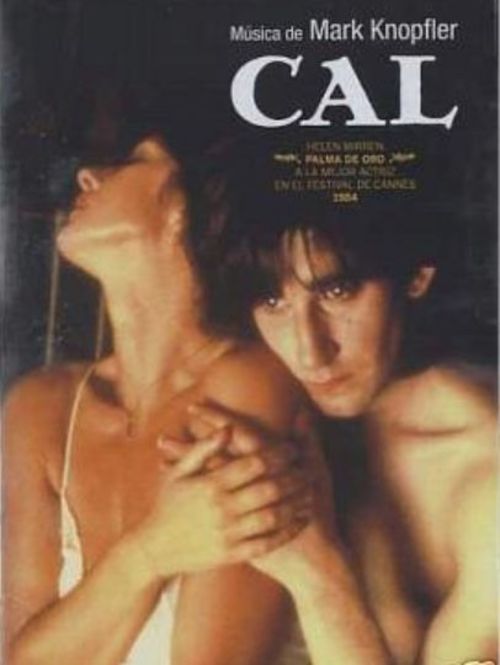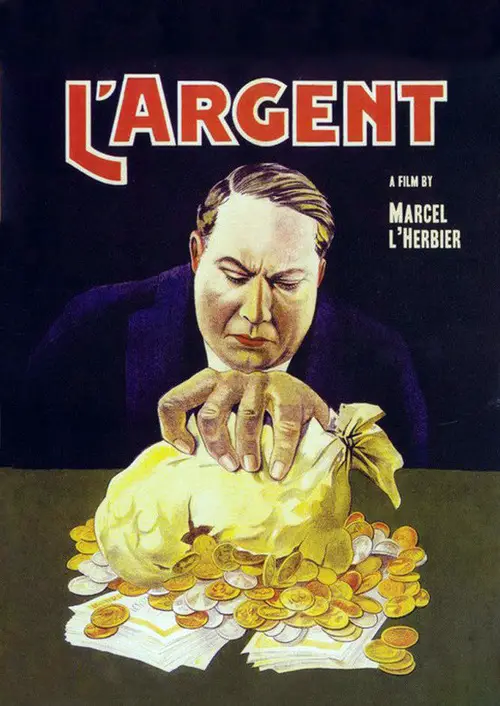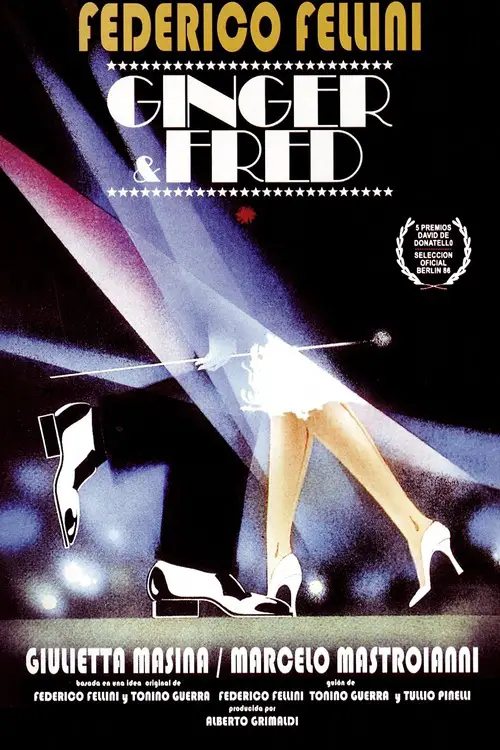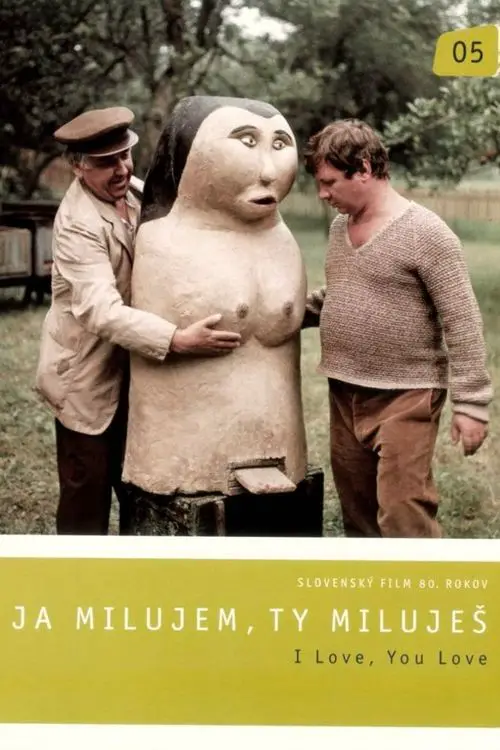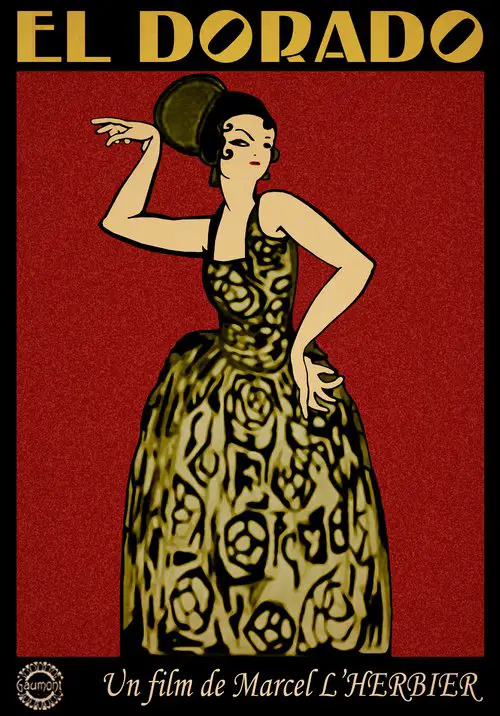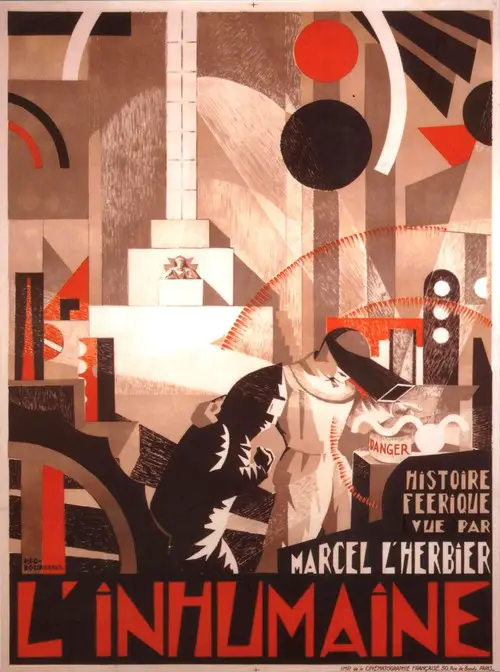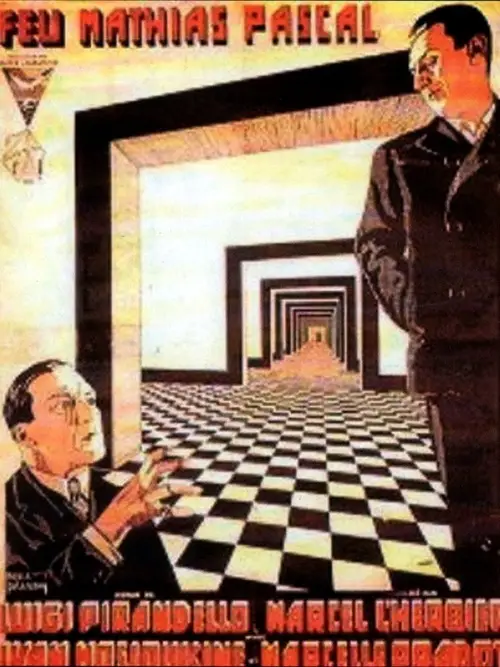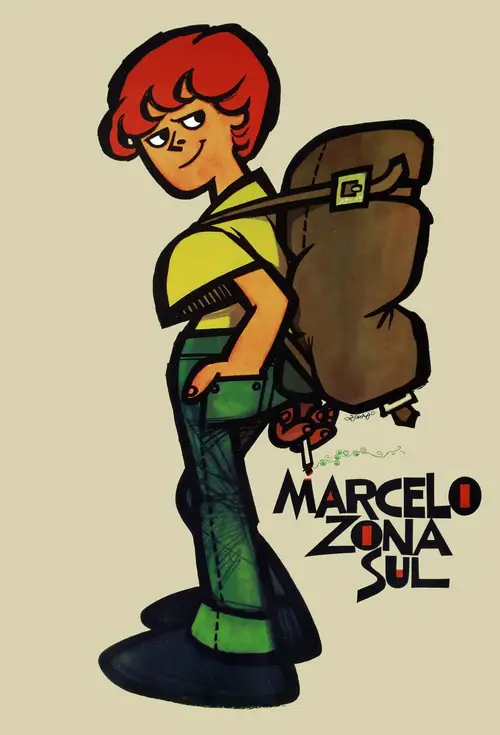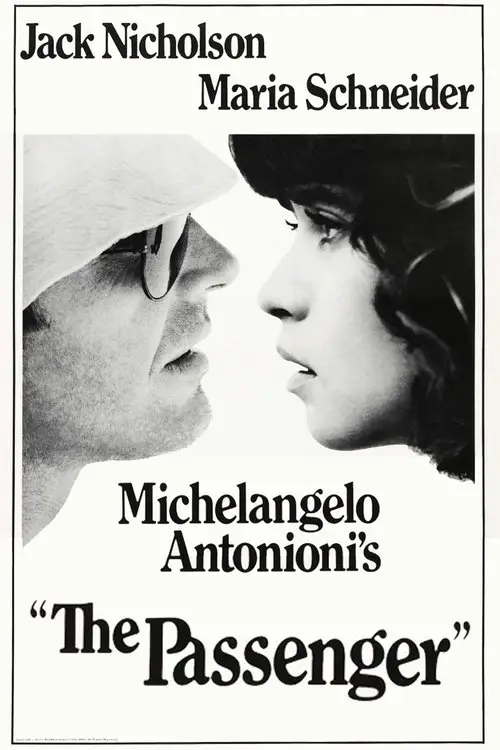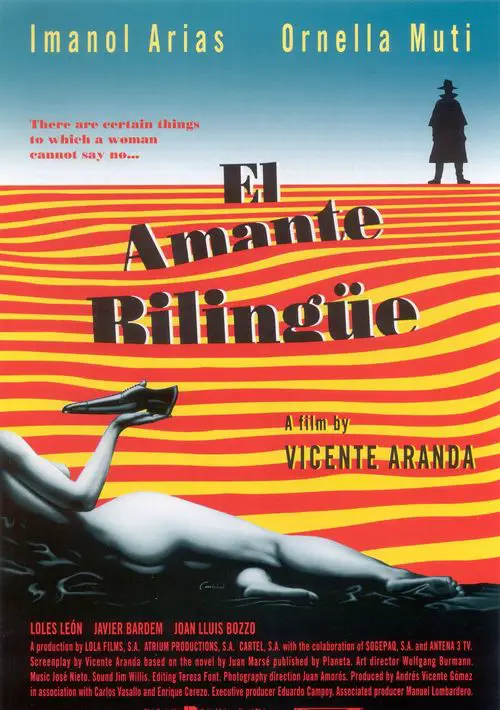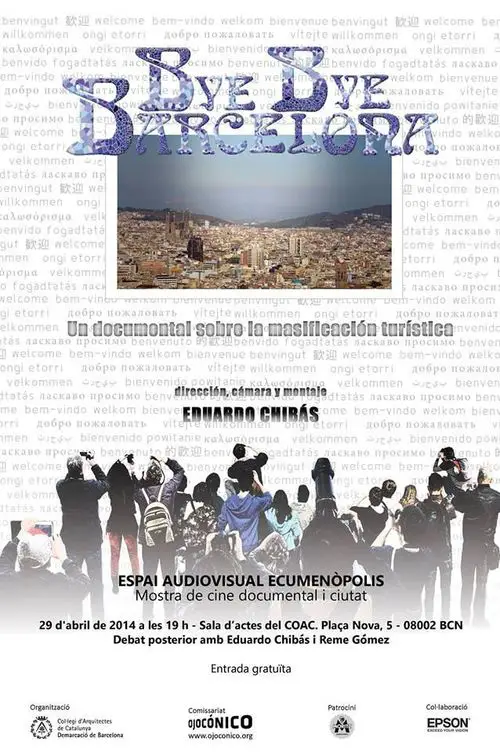Nella città l'inferno (1959)
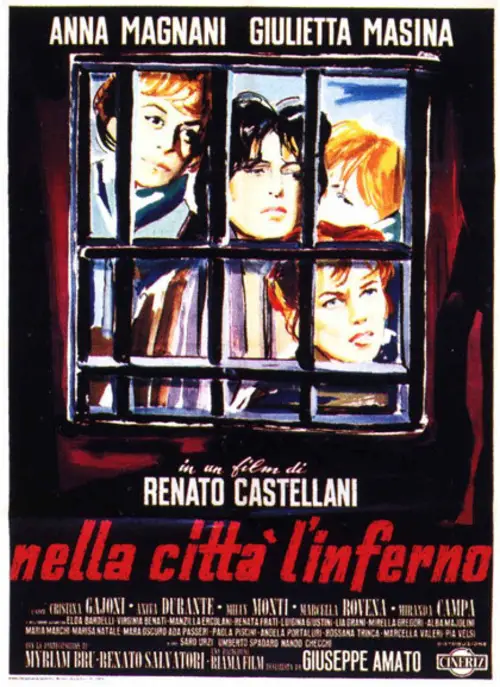
Similar movies
During the 1980s, uptight Ted Boynton is a salesman working in the Barcelona office of a Chicago-based company. He receives an unexpected visit from his cousin Fred, a naval officer who has come to Spain on a public relations mission for a U.S. fleet. Not exactly friends in the past, Ted and Fred strike up relationships with women in the Spanish city and experience conflicts -- Ted with his employer, and Fred with the Barcelona community.
In 2012 the comet Rose crossed the skies of the city of Barcelona and its magic that night caused 346 love stories flourish. An atmosphere of dreams, hopes and desire mixed to give a special connection between people. From these stories six are the stars of the film. A dinner among friends with a love of life is coupled with a first time for miles. An encounter that can change their lives and revive old ties that clash with the discovery of a baby on the way. In parallel, the struggle between friendship and love strikes the last story, a clandestine love between athletes who have to make a tough decision.
At the end of the 15th century, two minstrels Gilles and Dominique come from nowhere into the castle of Baron Hugues. Gilles charms Anne, Hughes' daughter, while Dominique charms both Hugues and Ann's fiance. Gilles and Dominique are not really in love : they are sent by the Devil to desperate people. But Ann is so pure that Gilles is caught to his own trap... How will they fight against the Devil ?
My Mother's Castle (Le chateau de ma mere) is a sequel and companion piece to My Father's Glory (La Gloire de Mon Pere), both based on the childhood recollections of Marcel Pagnol. Like its predecessor, the movie explores the adventures of the young Marcel (Julien Ciamaca) during his summers at the family summer home in Provence.
In the 15th century, in a poor Italian village, the monks of a modest convent take up an abandoned baby. Unfortunately, for all their efforts, they prove unable to trace his parents. So they set up providing tender loving care to the little boy. Marcellino lives a happy life among the men of God but, as he grows up, he misses his mother more and more. To compensate for her absence, he tends to identify her with the Virgin Mary. One day, the local lord, in search of a child to raise, decides to adopt Marcellino and to bring him up in his castle. He dresses him in rich attire and gives him a strict education. But Marcellino feels miserable there and eventually runs away.Back in his dear convent, he gleefully resumes his former life. He still misses his mother but his life changes when he finds a crucifix in the attic. A wonderful friendship between Jesus and him is born.
Paul is a sweet man-child, raised â and smothered â by his two eccentric aunts in Paris since the death of his parents when he was a toddler. Now thirty-three, he still does not speak. (He does express himself through colourful suits that would challenge any Wes Anderson character in nerd chic.) Paul's aunts have only one dream for him: to win piano competitions. Although Paul practices dutifully, he remains unfulfilled until he submits to the interventions of his upstairs neighbour. Suitably named after the novelist, Madame Proust offers Paul a concoction that unlocks repressed memories from his childhood and awakens the most delightful of fantasies.
Marcel Proust (1871-1922) is on his deathbed. Looking at photographs brings memories of his childhood, his youth, his lovers, and the way the Great War put an end to a stratum of society. His memories are in no particular order, they move back and forth in time. Marcel at various ages interacts with Odette, with the beautiful Gilberte and her doomed husband, with the pleasure-seeking Baron de Charlus, with Marcel's lover Albertine, and with others; present also in memory are Marcel's beloved mother and grandmother. It seems as if to live is to remember and to capture memories is to create a work of great art. The memories parallel the final volume of Proust's novel.
On the banks of Canal Saint-Martin in Paris, 1938. As the residents of the family-run Hôtel du Nord celebrate a first-communion lunch, a young couple named Renée and Pierre arrive, planning a double suicide. Pierre wounds Renée. Unable to kill himself, he escapes into the night and gives himself up. Local pimp Edmond finds and keeps Pierre's gun. To Edmond's delight, the benevolent hotel managers the Lecouvreurs take Renée in as a maid although his partner, the prostitute Raymonde, is not pleased. Two crooks come looking for Edmond, who betrayed them when he was their accomplice. Raymonde covers up for him. Renée and Edmond elope to Marseilles en route to Port-Saïd, but Renée runs back to the hotel. Raymonde is now with Prosper. When the crooks return, she betrays Edmond. During the celebrations on Bastille Day, Edmond reappears. He hands Pierre's gun to his former associate, who shoots him. Pierre comes out of jail. He and Renée leave the Hôtel du Nord together.
In the near future, big wars are avoided by giving individuals with violent tendencies a chance to kill in the Big Hunt. The Hunt is the most popular form of entertainment in the world and also attracts participants who are looking for fame and fortune. It includes ten rounds for each competitor, five as the hunter and five as the victim.
Best friends Galleria (Raven-Symoné), Chanel (Adrienne Bailon), Dorinda (Sabrina Byran), and Aqua (Kiely Williams), A.K.A. the girl band "The Cheetahs," get the opportunity of a lifetime when they strut their way to Barcelona, Spain, to perform in an international music festival. Along the way, the "amigas Cheetahs" learn that, although their paths are not the same, they are lucky to have one another for the journey.
Open City is a landmark in film history. Filmed in secrecy during the Nazi occupation of Italy, the film shows a realistic portrayal of the underground resistance in Italy in 1945. The film has strong impacting imagery with itâs mix of fiction and reality that strengthened Italian Neo-realism and the film industry.
Louis, a nine-year-old boy from Paris, spends his summer vacation in a small town in Brittany. His mother Claire has lodged him with her girlfriend Marcelle and her husband Pelo while she's having her second baby. There Louis makes friends with Martine, the ten-year- old girl next door, and learns from her about life.
In the post Spanish civil war years, Catalan kids would sit in circles among the ruins and tell stories, known as "aventis" (the film's original title in Catalan, its original language). These tales mix war stories, local gossip, comic book characters, fantasy and real events. The "aventis" told in this film are told in flashback. In the mid 80s, 45 or so years after the age of the "aventis," a doctor and a nurse-nun (who grew up together, and now are co-workers in a hospital) identify the corpse of one of the main characters of the "aventis" of their childhood and adolescence. Besides the interesting flashbacks - a chronical of the Civil War in a "typical" Barcelona microcosm itself, the discovery of this body (belonging to someone long presumed dead) leads to other surprises and unresolved doubts, several decades later.
Problems arise for Antonio Magnano (Marcello Mastroianni) when he is unable to consummate his marriage to the beautiful Barbara Puglisi (Claudia Cardinale) and his virility is called into question. Despite the fact that he loves his beautiful wife and they have otherwise been happily married for a year, his problem becomes a source of contention for all concerned.
Professor Sinigaglia (Marcello Mastroianni) is the title character in this darkly comedic Italian drama about mistreated factory workers in the city of Turin. Toiling away in appalling conditions in a textile mill, these employees have no one to stand up for them until Sinigaglia puts his academic career on the line by helping them to start a strike. Although the teacher comes under scrutiny by unsympathetic authorities, he maintains his dedication to the workers' cause.
When his wife is kidnapped by a local crime lord (Ivan Rassimov), a determined police captain (Marcel Bozzuffi) forms his own squad of rogue cops, each of whom wields a .38 Colt revolver. The mission, of course, is to rescue the captain's wife -- but the conflict soon explodes into a citywide spree of violent crime. Italian giallo master Massimo Dallamano directs this rousing action-drama, the last film he ever made
Ray, an ex-cop, is starting a new life looking to stay out of trouble. One evening, on Ray's watch, the nightclub he works for is robbed and the owner's son is shot dead. As his criminal past is exposed Ray hunts for the person responsible for this crime in an effort to clear his own name. Ray must get to the bottom of this as both the mob and cops start to close in on him as their target suspect.
During the course of an ordinary week in Hollywood, movie producer Ben (Robert De Niro) must navigate his way through shark-infested waters as he struggles to complete his latest projects. A demanding studio boss (Catherine Keener) demands extensive changes to a movie starring Sean Penn, while another chief won't greenlight a project unless star Bruce Willis shaves his beard. Meanwhile, Ben tries to reconcile with his wife and maintain a relationship with his young daughter.
Marcel Marx, a former bohemian and struggling author, has given up his literary ambitions and relocated to the port city Le Havre. He leads a simple life based around his wife Arletty, his favourite bar and his not too profitable profession as a shoeshiner. As Arletty suddenly becomes seriously ill, Marcel's path crosses with an underage illegal immigrant from Africa, who needs Marcel's help to hide from the police.
Comédienne hantée par son rôle de Nathalia Petrovna, l'héroïne de la pièce de Tourguéniev Un Mois à la campagne qu'elle répète difficilement, Marcelline tente de noyer ses angoisses dans une piscine sur un air de Glenn Miller. Mais rien n'y fait. Rien n'empêche le temps de courir et de lui imposer ses quarante ans et toujours pas d'enfant.
When 21 year-old Leo, the oldest of four brothers, announces to his rural French family that he's HIV+, his family quickly rallys around him. Leo travels to Paris with his youngst brother Marcel for treatment. When Leo tries to push his brother away to protect him, the love and loyalty of the two brothers is tested.
In 1914, with men gone to war, Marcel Proust hired Céleste Albaret as his attendant. More than eight years later, she was at his side when he died. During this entire time, she only entered his room when he rang for her, sleeping from 9 AM to 3 PM to wait during the night while he wrote. Marcel uses her as more than a servant: she is his muse, telling stories of her childhood to stir his remembrance of things past; she's in cahoots with him as he manipulates those he wants to draw on for his writing; she listens appalled to his descriptions of the underside of Paris. Hers is a life of love and sweet devotion as he races time to finish his work before death.
Karl from Germany and Marcelo from France emigrated to Argentina and became brothers-in-law. Karl soon returned to Germany to serve in the army. Marcelo and his children Julio and Chichi became Argentinean citizens but later returned to Paris. Karl became a general with a son (Heinrich) in the SS and in WWII he got a high job within the occupation administration in France.
Marcela can't bear Jarda any longer, so she threatens divorce and takes the kids to her mom's, whose husband is a creep. While Marcela is there, Jarda is jailed, because he is part of a gang steeling cars and they get caught in the act. Benes, the urbane man whose car got stolen by Jarda and his gang, befriends Marcela. Soon she feels drawn to Benes and all of a sudden she must make up her mind: Jarda is still sexually attractive to her, but Benes offers security, and her own body and mind may not pull at the same strand.
Stories about three very different women and the men they attract. Adelina sells black-market cigarettes in Naples, is married to the unemployed Carmine, and faces a jail sentence. She can avoid it as long as she's pregnant. Several years and seven children later, Carmine is exhausted, so jail looks inescapable as does her contempt for Carmine. In Milan, Anna drives a Rolls, is bored, and picks up a writer. She talks dreamily of running off with him until he dents her car; that gets her emotional attention. Mara, a Roman call girl, turns the head of a naive seminarian, prompting a run-in with his granny and a vow of abstinence. Mara's fizzy lover from Bologna grows impatient.
In Naples, in the Second World War, the wolf businessman Domenico Soriano meets the seventeen years old whore Filumena Marturano in a brothel during an allied bombing. Two years later, in the post-war, they meet each other by chance and begin a long affair. For twenty-two years, Filumena is his mistress and administrates his shops in Naples while Domenico is traveling. When Domenico decides to marry the young cashier of his bakery, Filumena lures him as if she were near to death and he marries her. Later he annuls their matrimony, and she tells him that she has three sons that she raised secretly, one of them is his legitimate son but she does not disclose his identity. The middle-age Domenico uses the most different subterfuges trying to find which teenager might be his son.
Fascinating journey through the life and work of the prestigious Catalan poet Jaime Gil de Biedma, both marked by sexuality and eroticism. Charismatic and somewhat eccentric, brilliant intellectual with extraordinary sensitivity and member of Barcelona's 'gauche divine' in the 60s, Gil de Biedma liked to describe himself as a 'poet of experience' while he suffered dreadfully from the dichotomy strangling him: bourgeois and executive for a multinational by day, communist and homosexual poet by night.
After many years of rambling across Europe the aging Giacomo Casanova is impoverished. He wants to return to the Republic of Venice but he doesn't dare going there directly because he was a fugitive when he left. While he tries to find a way to get a pardon he meets a young lady named Marcelina. The more he shows his affection, the more ostentatiously she rejects him. Even so he doesn't give up on her because her lover Lorenzo has grave gaming debts. In return for the required money Lorenzo tells Casanova about a looming secret rendezvous with Marcelina. Moreover he lets Casanova take his place. Undercover of the night Casanova finally seduces her. Lorenzo later feels his honor was besmirched and demands satisfaction. Casanova kills him in a duel and then goes home to Venice.
Still reeling from a heartbreaking family event and his parents' subsequent divorce, Tyler Hawkins discovers a fresh lease on life when he meets Ally Craig, a gregarious beauty who witnessed her mother's death. But as the couple draws closer, the fallout from their separate tragedies jeopardizes their love.
Amelia and Pippo are reunited after several decades to perform their old music-hall act (imitating Fred Astaire and Ginger Rogers) on a TV variety show. It's both a touchingly nostalgic journey into the past, and a viciously satirical attack on television in general and Italian TV in particular, portraying it as a mindless freakshow aimed at morons.
The drama called I Love, You Love was made in 1980 but because of the absurd ideological ban, the film entered cinemas nine years later. Pišta is an unmarried man who works at a freight wagon which carries letters and parcels. Alcohol helps him to overcome his handicap of being short and not good-looking. He wishes he had a woman, but the woman he really wants, ageing Viera who reloads the cargoes, has a soft spot for another man. So, Pišta has nobody and nothing, except for senile mother who sometimes fails to recognize him. The film received Silver Bear for Best Director at the International Film Festival in Berlin.
A famous singer Claire Lescot, who lives on the outskirts of Paris, is courted by many men, including a maharajah, Djorah de Nopur, and a young Swedish scientist, Einar Norsen. At her lavish parties she enjoys their amorous attentions but she remains emotionally aloof and heartlessly taunts them. When she is told that Norsen has killed himself because of her, she shows no feelings. At her next concert she is booed by an audience outraged at her coldness. She visits the vault in which Norsen's body lies, and as she admits her feelings for him she discovers that he is alive; his death was feigned. Djorah is jealous of their new relationship and causes Claire to be bitten by a poisonous snake. Her body is brought to Norsen's laboratory, where he, by means of his scientific inventions, restores Claire to life.
Mathias Pascal, only son of a once-rich family, marries beautiful Romalinda, who has a terrible mother-in-law. She controls her daughter, and soon his home life becomes a nightmare. His only moments of lights are his mother and baby, but both die on the same day. Shocked, he leaves his hometown and goes to Monte Carlo, where he wins a fortune at the casino. Returning home, he reads his own obituary in a paper. They have found a corpse in a creek and connected it with his disappearance. Mathias, noticing that he is now free from all ties to his old life, decides to start a new one.
In Rio de Janeiro, more specifically in Copacabana, the sixteen year-old rebel and reckless teenager Marcelo is a terrible student that plays hooky from school and a liar. He dreams on leaving his home and move to São Paulo to work hard, make money and travel abroad to visit the world. When Marcelo schedules to spend the afternoon in Floresta da Tijuca with Zé Miguel, Renata and her friend Carmen, they steal the jeep of Miguel's cousin and Marcelo drives to a remote area. Meanwhile, their parents call the school and find that they had lied about the exams at school triggering consequences for their acts. Marcelo is spelled from school, Renata breaks with him and he decides to hitchhike to São Paulo with Miguel.
David Locke (Jack Nicholson) is a world-weary American journalist who has been sent to cover a conflict in northern Africa, but he makes little progress with the story. When he discovers the body of a stranger who looks similar to him, Locke assumes the dead man's identity. However, he soon finds out that the man was an arms dealer, leading Locke into dangerous situations. Aided by a beautiful woman (Maria Schneider), Locke attempts to avoid both the police and criminals out to get him.
Joan Mares obsession for the lovely and luscious Norma Valenti takes epic proportions because he cannot let go of her. After he is injured by some skin heads, he uses his scars to pursue his life as a street musician. He devices a plan to get to Norma and she never catches on to his deceit, except she realizes that as Juan Faneca his performance in bed is exactly what she had experienced with Joan Mares because she concludes they were taught sex by the same prostitute.
Marcellus is a tribune in the time of Christ. He is in charge of the group that is assigned to crucify Jesus. Drunk, he wins Jesus' homespun robe after the crucifixion. He is tormented by nightmares and delusions after the event. Hoping to find a way to live with what he has done, and still not believing in Jesus, he returns to Palestine to try and learn what he can of the man he killed.
© Valossa 2015–2025
| Privacy Policy


